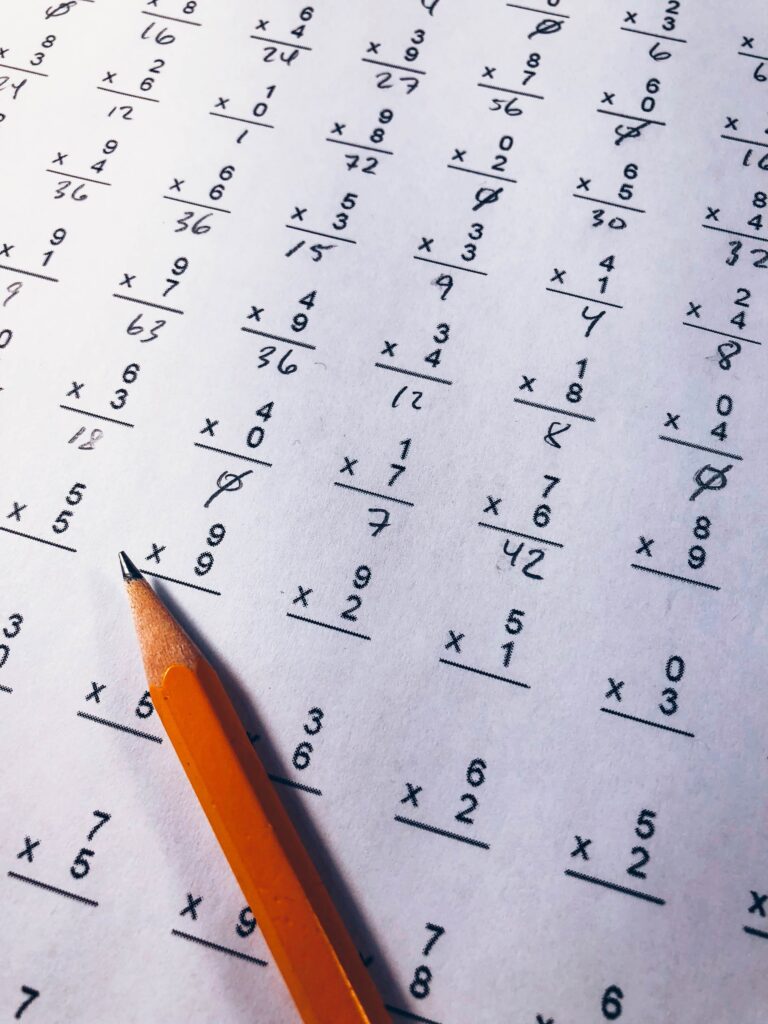Engaging in lifelong learning has become a buzzword in recent years, with many touting its benefits for personal and professional growth. But did you know that it can also have a positive impact on your cognitive function? As we age, our brains undergo changes that can affect our memory, reasoning, and other mental abilities. However, by actively participating in lifelong learning, we can build what is known as cognitive reserve – a mental resilience that helps us maintain cognitive function and delay the onset of age-related cognitive decline.
So, what exactly is cognitive reserve, and how does lifelong learning contribute to its development? Let’s dive deeper into this concept and explore the ways in which engaging in lifelong learning can build cognitive reserve.
Understanding Cognitive Reserve
Cognitive reserve is a term used to describe the brain’s ability to withstand age-related changes and adapt to new situations. It acts as a buffer against cognitive decline and helps individuals maintain their mental abilities even as they age. The idea of cognitive reserve was first proposed in the 1990s by researchers studying the brains of elderly individuals who showed no signs of dementia despite having significant brain damage.
Experts believe that cognitive reserve is built up over time through a combination of lifestyle factors, including education, social engagement, and mental stimulation. These activities help create new connections between nerve cells and strengthen existing ones, essentially giving the brain a bigger pool of resources to draw on when needed.
The Role of Lifelong Learning
Lifelong learning refers to the continuous pursuit of knowledge and skills throughout one’s life. It can take various forms, such as enrolling in formal education programs, attending workshops and seminars, or simply reading and learning on your own. Regardless of the method, engaging in lifelong learning provides numerous opportunities for mental stimulation and growth.
One of the primary ways in which lifelong learning contributes to the development of cognitive reserve is by challenging the brain. When we learn something new, our brains are forced to make new connections and pathways, which strengthens our cognitive reserve. This can include learning a new language, taking up a new hobby, or even tackling a difficult crossword puzzle.
Furthermore, lifelong learning can also improve brain plasticity – the brain’s ability to change and adapt in response to new experiences. As we age, our brains become less plastic, making it harder for us to learn and retain new information. Engaging in lifelong learning helps keep our brains flexible and adaptable, making it easier for us to acquire new skills and knowledge.
Other Factors that Contribute to Cognitive Reserve
While engaging in lifelong learning is a significant contributor to cognitive reserve, other factors also play a role. These include:
1. Education: Studies have shown that individuals with higher levels of education tend to have a greater cognitive reserve compared to those with lower levels of education. This is because formal education provides us with the necessary skills and knowledge to expand our cognitive abilities.
2. Social Engagement: Maintaining social connections and engaging in meaningful relationships has been linked to a reduced risk of cognitive decline. Socializing and participating in group activities can also provide mental stimulation and help build cognitive reserve.
3. Physical Activity: Regular physical exercise has numerous health benefits, including promoting brain health. It increases blood flow to the brain, which helps nourish brain cells and promote the growth of new nerve cells.
Incorporating these factors into your lifestyle along with engaging in lifelong learning can have a significant impact on your cognitive reserve – making your brain more resilient to age-related changes.
The Bottom Line
In conclusion, engaging in lifelong learning can be a powerful tool in building cognitive reserve and maintaining mental sharpness as we age. By challenging our brains and constantly learning new skills and knowledge, we can effectively strengthen our cognitive reserves and potentially delay the onset of age-related cognitive decline. So, whether it’s picking up a new hobby, enrolling in a class, or simply reading a book, make sure to incorporate lifelong learning into your daily routine for a healthier and sharper mind in the long run.





